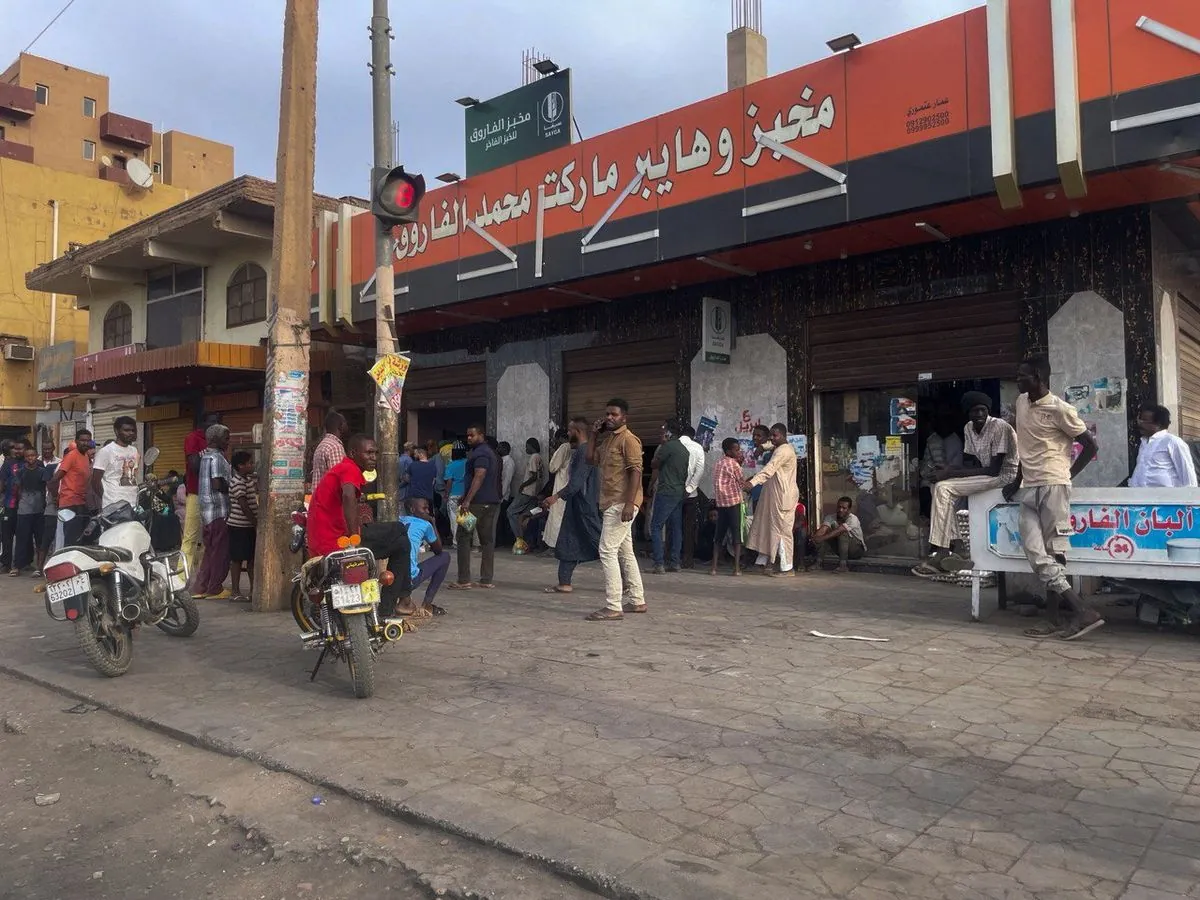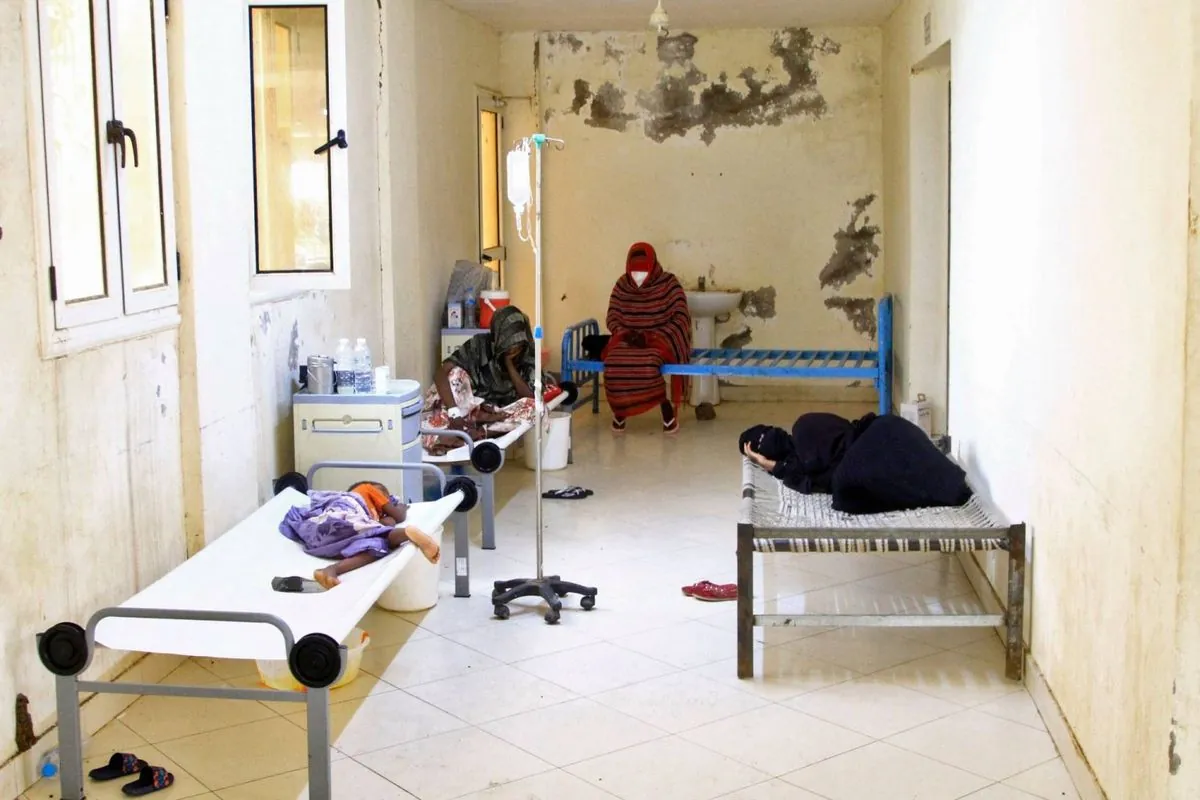Sudan's Capital Rocked by New Fighting as Cholera Crisis Worsens
Fresh clashes erupt in Khartoum as Sudan's military targets Rapid Support Forces. Simultaneously, the country grapples with a severe cholera outbreak, with death toll rising sharply in recent days.

In a troubling escalation of Sudan's ongoing conflict, new fighting has erupted in the capital city of Khartoum. The Sudanese military has initiated operations against the paramilitary Rapid Support Forces (RSF), marking a significant intensification of hostilities in the urban center. This development comes as Sudan, the third-largest country in Africa by area, continues to grapple with multiple crises.
The military's offensive, which began on September 28, 2024, has resulted in increased military movements and airstrikes in Khartoum and Omdurman districts. Omdurman, notably the largest city in Sudan and Khartoum State, has seen some of the heaviest fighting in months. The conflict's resurgence coincides with the expected address of General Abdel-Fattah Burhan, head of Sudan's military, to the United Nations General Assembly.
Concurrently, Sudan is facing a severe cholera outbreak, with the death toll rising alarmingly. Health officials reported that 473 people have succumbed to the disease since the onset of the rainy season two months ago. The Federal Ministry of Health disclosed 14,944 cholera cases across 10 states, with 386 new cases reported in a single day. This rapid increase highlights the dire health situation in the country.

Cholera, caused by the bacterium Vibrio cholerae, has been a global health concern since the first pandemic began in 1817 in India. The current outbreak in Sudan is exacerbated by recent heavy rainfall and flooding, particularly affecting eastern Sudan, which hosts millions displaced by the ongoing conflict.
International organizations are stepping up efforts to combat the outbreak. UNICEF, founded in 1946 to provide emergency aid to children, delivered 404,000 doses of cholera vaccine to Sudan on September 13, 2024. The organization is collaborating with the Ministry of Health and the World Health Organization (WHO) to implement vaccination campaigns, with a focus on the heavily affected Kassala region.
The situation in El Fasher, capital of North Darfur state, remains critical. UN Human Rights Chief Volker Türk reported that artillery shelling on a market there resulted in at least 20 civilian casualties on September 22-23, 2024. El Fasher, an important trade center since the 13th century, has been under siege by RSF forces since May.
Sudan's complex crisis is rooted in its tumultuous history. Since gaining independence from the UK and Egypt in 1956, the country has experienced multiple civil wars and frequent coups. The current conflict, which began in April 2023, has created conditions ripe for disease outbreaks, affecting millions already facing food insecurity and displacement.
The ongoing war has severely impacted Sudan's economy, which was already struggling with high inflation and shortages. This economic strain has been further exacerbated by the loss of significant oil revenue following South Sudan's independence in 2011.
As the country battles these multiple fronts, the international community watches closely. The United Nations General Assembly, first convened in 1946, serves as a crucial platform for addressing such global crises. However, immediate and effective action is needed to address the humanitarian crisis unfolding in Sudan.
The confluence of conflict, disease, and economic hardship poses a significant threat to Sudan's diverse population of over 45 million people. As the rainy season, typically lasting from June to October, continues, concerns grow about the potential for further spread of cholera and other waterborne diseases.
In this challenging time, Sudan's rich biodiversity, including over 1000 bird species, stands in stark contrast to the human suffering. The international community's response to this multifaceted crisis will be crucial in determining the future trajectory of this pivotal African nation.


































